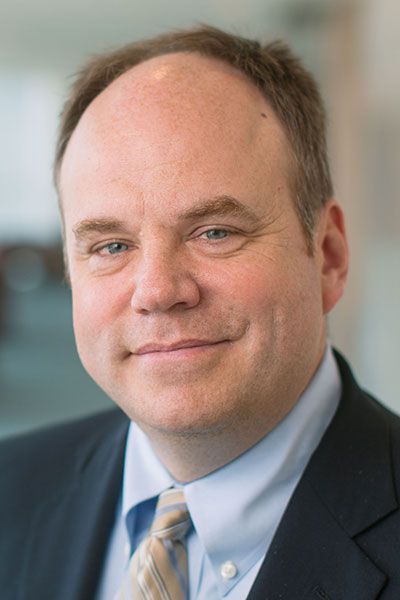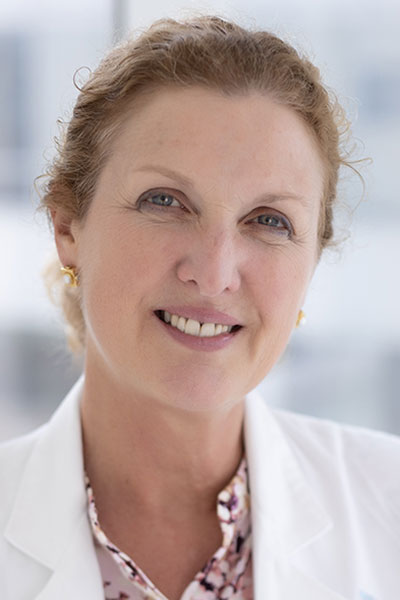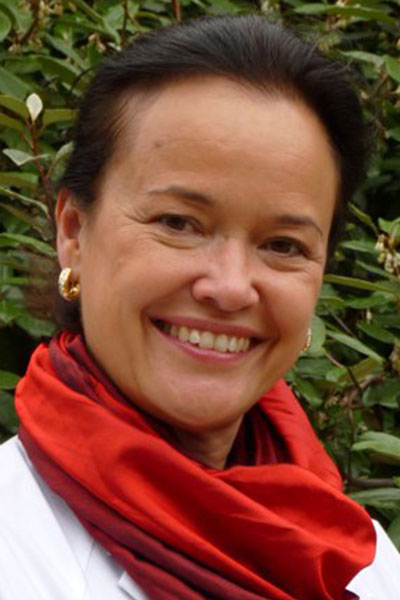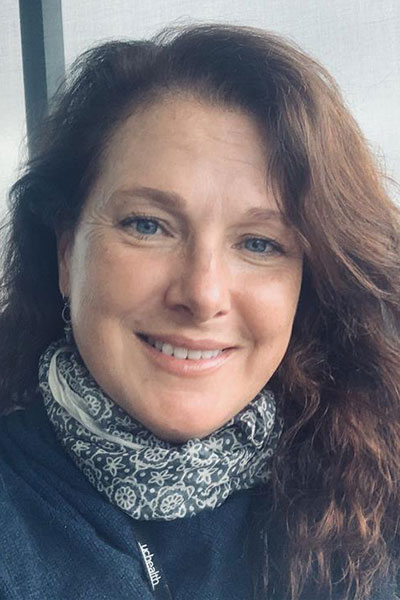Several sessions at the 2023 SABCS® will spotlight clinical science and its role in breast cancer research, treatment, and prevention by asking questions, debating various approaches, and discussing clinical cases.
Debate: Anthracyclines…To Give or Not to Give? will be held from 1:00 p.m. – 2:00 p.m. CT Wednesday, December 6, in the Stars at Night Ballroom 1–2. Moderator Harold J. Burstein, MD, MPH, Institute Physician, Dana-Farber Cancer Institute and Professor of Medicine, Harvard Medical School, will guide presenters in discussing the value of chemotherapy agents in treating breast cancer with the advent of newer treatment approaches that are more effective with fewer side effects.
Martine J. Piccart, MD, PhD, Director of Medicine, Institut Jules Bordet, Bruxelles, Belgium, will take the “For” position on the use of anthracyclines, and Virginia F. Borges, MD, Professor of Medical Oncology, University of Colorado Anschutz Medical Campus, will take the position “Against” using anthracyclines.
Anthracyclines have been available for many years and can be an effective breast cancer treatment, yet they remain a controversial topic, said Dr. Piccart.
“There is a greater tendency, perhaps, in the U.S. to drop them, and less enthusiasm to drop them in Europe, or at least a more cautious approach before dropping these drugs,” she said.

Clinical Case Discussions will be held from 1:00 p.m. – 2:00 p.m. CT Thursday, December 7, in the Stars at Night Ballroom 3-4. It will be moderated by Matthew P. Goetz, MD, Professor of Oncology and Pharmacology, Mayo Clinic College of Medicine and Science. This session will discuss clinical case reports, and it relies on audience participation. The interactive nature of the session provides a wide range of perspectives and opinions.
Dr. Goetz said, “It’s a great opportunity to get expert input on challenging cases.”

Lisa A. Carey, MD, ScM, the L. Richardson and Marilyn Jacobs Preyer Distinguished Professor of Breast Cancer Research, and Deputy Director of Clinical Science at UNC Lineberger Comprehensive Cancer Center, will lead the session Clinical Controversies from 3:00 p.m. – 4:00 p.m. CT Thursday, December 7 in the Stars at Night Ballroom 3–4. There will be three controversies presented during the session.
- Are we ready to stop staging the axilla?
Monica Morrow, MD, FACS, Memorial Sloan Kettering Cancer Center
Armando E. Giuliano, MD, Cedars-Sinai Medical Center
“As it becomes clearer that axillary management is mostly staging for adjunctive therapies, the next obvious question is whether we can gain enough information for decision making without any invasive procedures,” Dr. Carey said.
- How to treat small triple-negative breast cancer
Priyanka Sharma, MD, University of Kansas Medical Center
Alexandra Thomas, MD, FACP, Wake Forest Baptist Comprehensive Cancer Center
In the era post-KEYNOTE 522, there is some debate about the use of chemotherapy and immunotherapy in very small node-negative triple-negative breast cancer based on available datasets.
“Where to draw the line, and how, is not yet clear,” Dr. Carey said.
- Biology or stage? Tailoring treatment for premenopausal women with nodal involvement, but low genomic prognostic assay
Eric P. Winer, MD, Yale Cancer Center
Kevin M. Kalinsky, MD, MS, Emory Winship Cancer Institute
“This is an ongoing and unsolved debate,” Dr. Carey said. “Dr. Winer and Dr. Kalinsky will be great presenters.”



